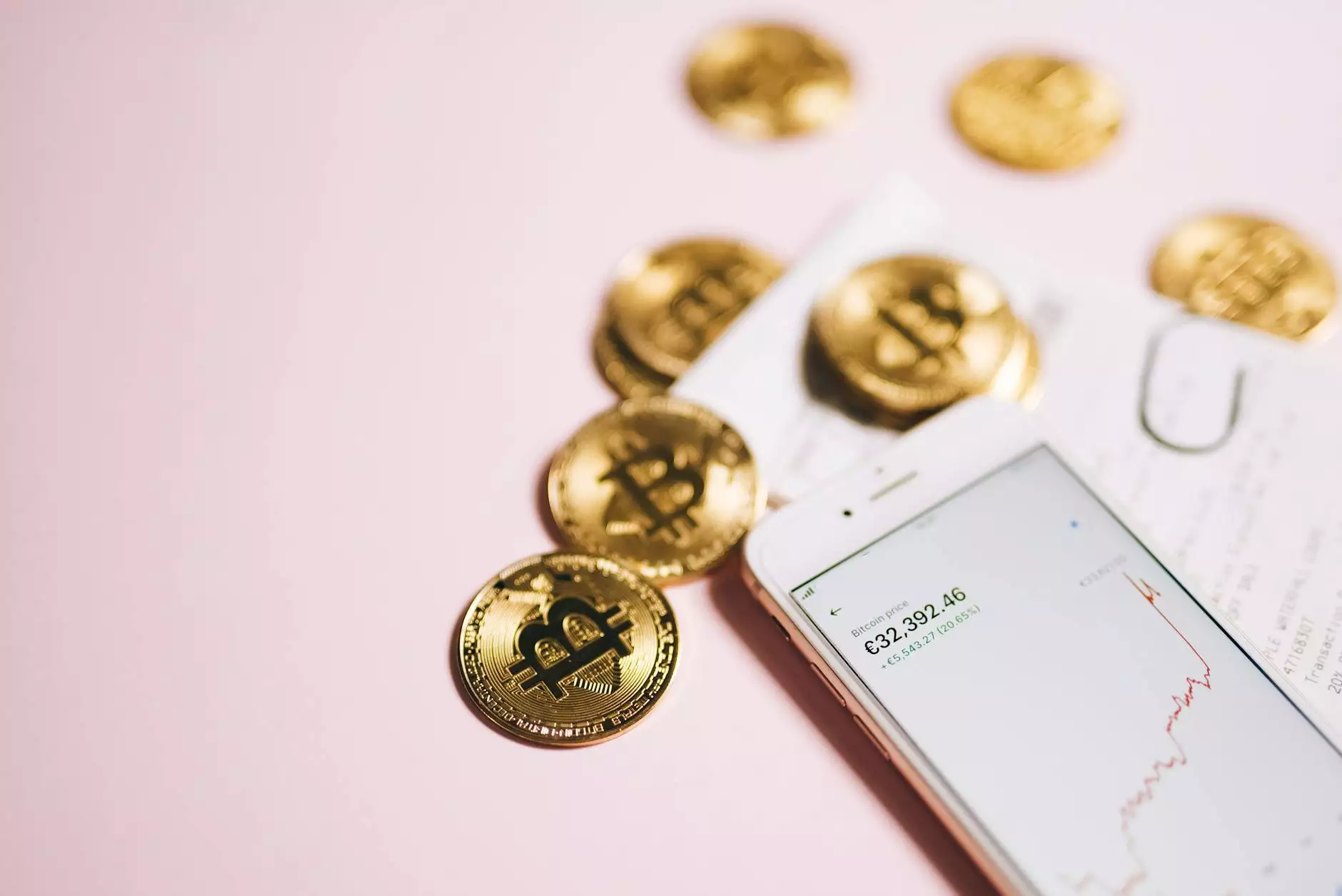The Importance of Korean Won Bills in Modern Business Transactions

The business landscape is continually evolving, and one of the prominent aspects contributing to this transformation is Korean won bills. As the official currency of South Korea, the won plays an essential role in both local and international business. Understanding its usage, security features, and printing services is crucial for entrepreneurs and businesses engaging in commerce across borders.
Understanding the Korean Won
The Korean won (KRW) is not just a currency but a vital tool facilitating trade and economic interaction. It was first introduced in 1902, replacing the Korean yen, and has since undergone several changes, including revaluation and alterations in design. Today, the won is denoted by the symbol "₩" and is subdivided into 100 jeon, although the jeon is rarely used in everyday transactions.
The Role of Korean Won Bills in Business
Korean won bills have a profound significance in the business sector. They are not only the medium of exchange but also a symbol of trust and stability in commercial transactions. For businesses operating in South Korea or engaging with South Korean partners, it is imperative to have a thorough understanding of these bills.
1. Transaction Efficiency
When dealing with Korean won bills, businesses experience heightened transactional efficiency. The use of a stable and widely accepted currency minimizes the risks associated with currency fluctuations, particularly in volatile markets. This stability encourages both local and foreign investment, further enriching the business ecosystem.
2. Legal Tender and Acceptance
Korean won bills are recognized as legal tender within South Korea. This acceptance means that businesses do not face issues related to currency rejection, ensuring smooth operations. The use of won fosters trust between partners, especially when signing contracts or engaging in significant transactions.
Security Features of Korean Won Bills
One major feature that sets Korean won bills apart is their robust security features designed to combat counterfeiting. The Bank of Korea has ensured that the design includes various elements that protect the currency's integrity. Understanding these features is essential not only for businesses but also for consumers to ensure they are dealing with authentic bills.
Key Security Features
- Watermarks: Each bill carries distinctive watermarks that are visible when held up to light.
- Color-Shifting Ink: The bills have ink that changes color depending on the angle of light.
- Microprinting: Tiny text is incorporated into the design, which is difficult to reproduce.
- Holographic Images: Some denominations feature holograms that add an extra layer of security.
Printing Services for Korean Won Bills
With the increasing need for security and authenticity, the demand for high-quality printing services becomes crucial in the production of Korean won bills. Businesses involved in printing services need to adhere to stringent guidelines to ensure that they meet the standards set by the Bank of Korea.
The Printing Process
The process of printing Korean won bills involves multiple steps including design, security feature integration, and quality control. Only authorized facilities have the capability to print these bills, ensuring that they maintain the high security and quality required.
Choosing the Right Printing Service
When selecting a printing service for creating any business-related materials, it is critical to choose a service that understands the nuances of currency printing. Here are some factors to consider:
- Reputation: Look for a printing service with a proven track record in currency printing.
- Technology: Ensure they utilize the latest printing technologies to produce high-quality images and security features.
- Compliance: They should comply with all legal requirements concerning currency printing and security.
Korean Won in International Trade
In recent years, Korean won bills have also gained traction in international trade as South Korea continues to assert itself in the global market. Many businesses prefer using the won for trade with South Korean partners due to the currency's stability and predictability.
Benefits of Using Korean Won in International Transactions
- Reduced Currency Exchange Risks: Using the local currency minimizes exposure to exchange rate volatility.
- Streamlined Payment Processes: Transactions in won eliminate the need for currency conversion, making payments straightforward.
- Strengthened Business Relationships: Paying in the partner’s local currency fosters goodwill and trust.
Future Trends of the Korean Won
The future of the Korean won looks promising, especially as South Korea continues to innovate and adapt to a changing global economy. Businesses should keep an eye on emerging trends that may affect the currency's value and stability.
1. Digital Transformation
As digital currencies gain momentum, the Korean government is exploring the implications of digital won. This digital currency may revolutionize how businesses transact, offering enhanced security and convenience.
2. Economic Policies
Changes in economic policies, both domestically and internationally, will play a crucial role in the future of Korean won bills. Businesses must stay informed regarding such changes to strategize accordingly.
3. Environmental Considerations
As the world shifts towards sustainable practices, the production and circulation of currency, including Korean won bills, may also evolve. Businesses will benefit from adapting environmentally friendly practices in their currency handling operations.
Conclusion
In conclusion, Korean won bills are more than just pieces of paper—they are integral to the fabric of business in South Korea and beyond. Their role in facilitating trade, enhancing transactional security, and supporting local economies cannot be overstated. Businesses must leverage these insights and adopt secure, efficient practices when dealing with this vital currency.
The printing services that surround the production of Korean won bills uphold the integrity of the currency, ensuring that businesses can operate confidently and securely. By understanding these elements, organizations can pave the way for successful interactions within the global market.
For businesses interested in leveraging the advantages of Korean won bills and exploring dedicated printing services, staying informed and proactive is key to capitalizing on this robust economic landscape.









